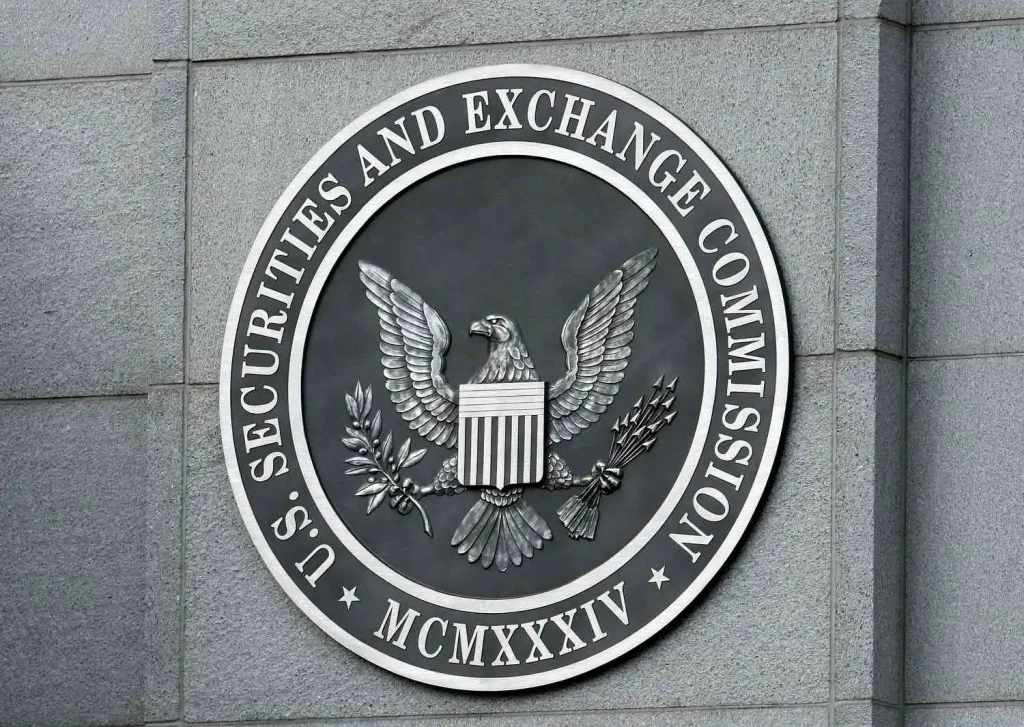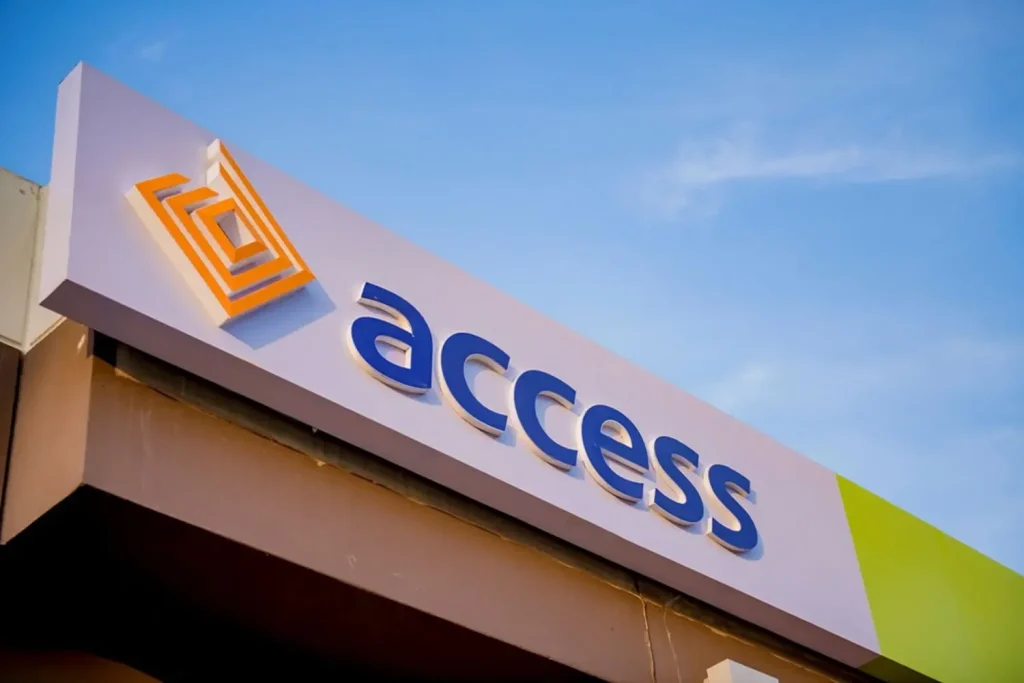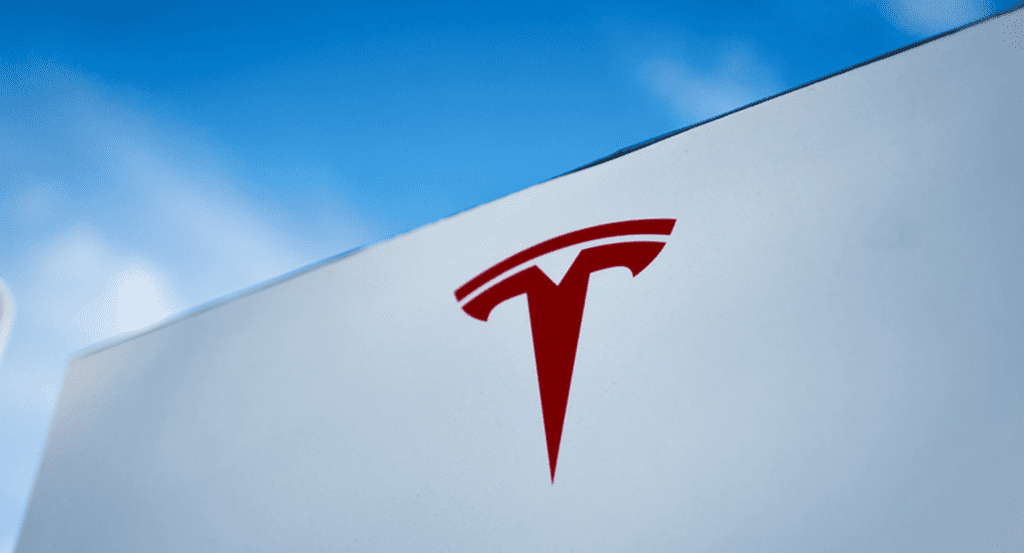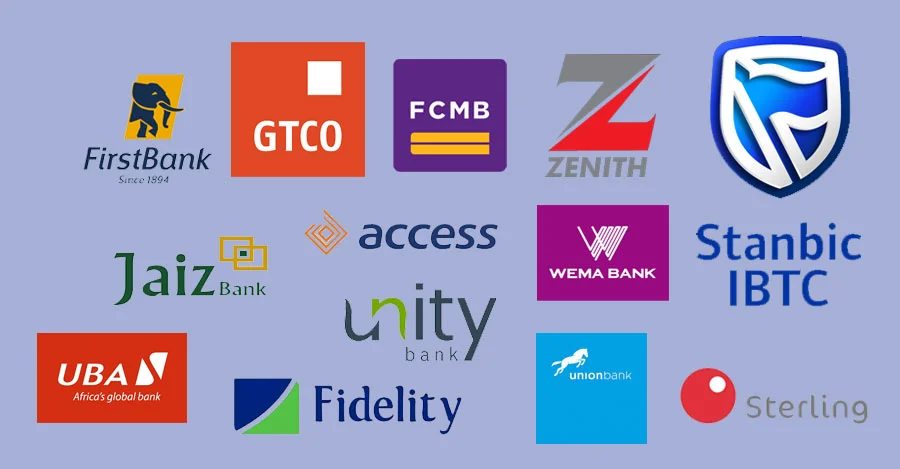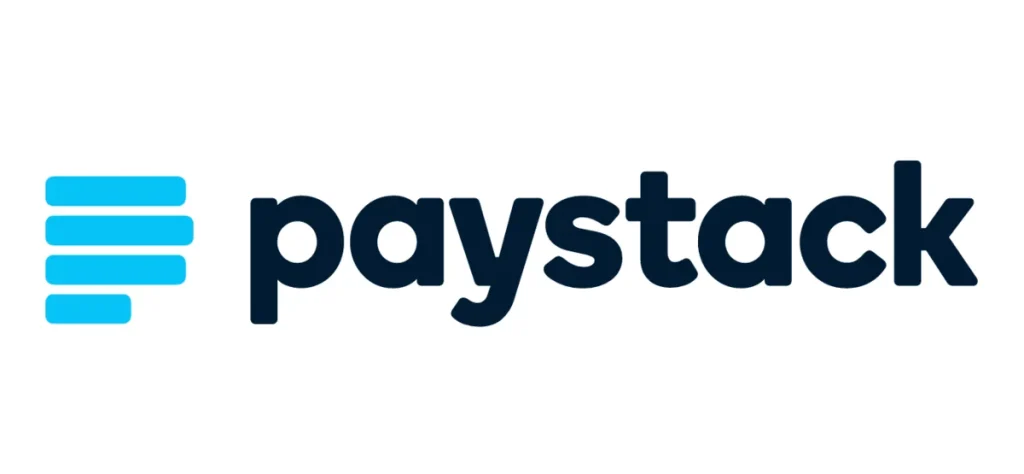The Securities and Exchange Commission (SEC) has shed light on the reasons behind its delay in issuing additional provisional licenses to cryptocurrency exchanges. After approving Quidax and Busha in August 2024, the Commission says it must conduct more rigorous due diligence before advancing with further licensing decisions.
Emomotimi Agama, Director General of the SEC, made this disclosure during a virtual session held on Monday with key fintech stakeholders. The session focused on the implementation of the newly signed Investment and Securities Act (ISA 2025).
Increased Scrutiny Stalls New Approvals
Agama acknowledged that numerous crypto-related firms had submitted license applications both before and after the issuance of the first two provisional approvals. However, he explained that operational challenges observed in the early stages have made it necessary to deepen the vetting process.
“I sincerely apologize to individuals and organizations that have submitted their applications before and after the provisional licenses were granted,” Agama stated. “Work has been ongoing behind the scenes, but the first set of licenses revealed critical concerns that must be addressed.”
He emphasized that the commission now requires what he referred to as “level three due diligence” to ensure that future licenses are issued with a greater sense of certainty and compliance.
“It might seem like the process is taking longer than necessary, but we must be thorough,” he added.
Regulatory Collaboration Slows Progress
In addition to internal evaluations, the SEC also depends on input from other government agencies, which has further contributed to the delays. According to Agama, the SEC cannot finalize licensing decisions without feedback from its regulatory counterparts, which often operate at their own pace.
He made it clear that the Commission’s goal is not to frustrate applicants but to ensure a safe and robust regulatory framework that protects investors and upholds market integrity.
“We are working in tandem with sister agencies over whom we have limited control,” he noted. “While we wait for their contributions, we remain committed to addressing every gap we’ve identified and ensuring that the next batch of licenses is issued with full regulatory confidence.”
Licensing Framework to Align With New Securities Law
Agama also explained that the enactment of the Investment and Securities Act 2025 has necessitated updates across the Commission’s licensing framework. To remain compliant with the new legislation, the SEC is adjusting its policies and procedures to ensure they align with the provisions of the ISA 2025.
“This is not just about issuing licenses quickly,” he said. “It’s about making sure those licenses fully comply with our new legal mandates, and that the entire ecosystem remains transparent and secure.”
Background: Initial Approvals and Testing Programs
In August 2024, the SEC granted Approval-in-Principle to two Nigerian crypto exchanges—Quidax and Busha—formally recognizing them as legitimate digital asset trading platforms. The licenses were granted under the Commission’s Accelerated Regulatory Incubation Program (ARIP), a framework designed to fast-track regulatory approvals for promising crypto firms.
Beyond that, the SEC also greenlit four other digital asset startups for its Regulatory Incubation (RI) Program. These included Trovotech Ltd, Wrapped CBDC Ltd, Dream City Capital, and HousingExchange.NG Ltd. These firms are currently operating under regulatory observation to test their technologies and business models.
At the time, the Commission clarified that several other applicants had also submitted requests to join both the ARIP and RI Programs. It stressed that future approvals would be granted on a case-by-case basis, depending on each applicant’s ability to meet the Commission’s standards.
What Lies Ahead
As the SEC continues its cautious approach to licensing crypto exchanges, many in the industry await the next batch of approvals. The Commission’s emphasis on increased due diligence, legal alignment, and inter-agency collaboration reflects a broader effort to ensure that Nigeria’s evolving digital asset market remains secure and transparent.
For now, applicants and industry observers must remain patient as the SEC works through its updated processes and regulatory partnerships. The Commission remains firm in its commitment to safeguarding the integrity of Nigeria’s crypto sector, even if it means extending the timeline for new approvals.

